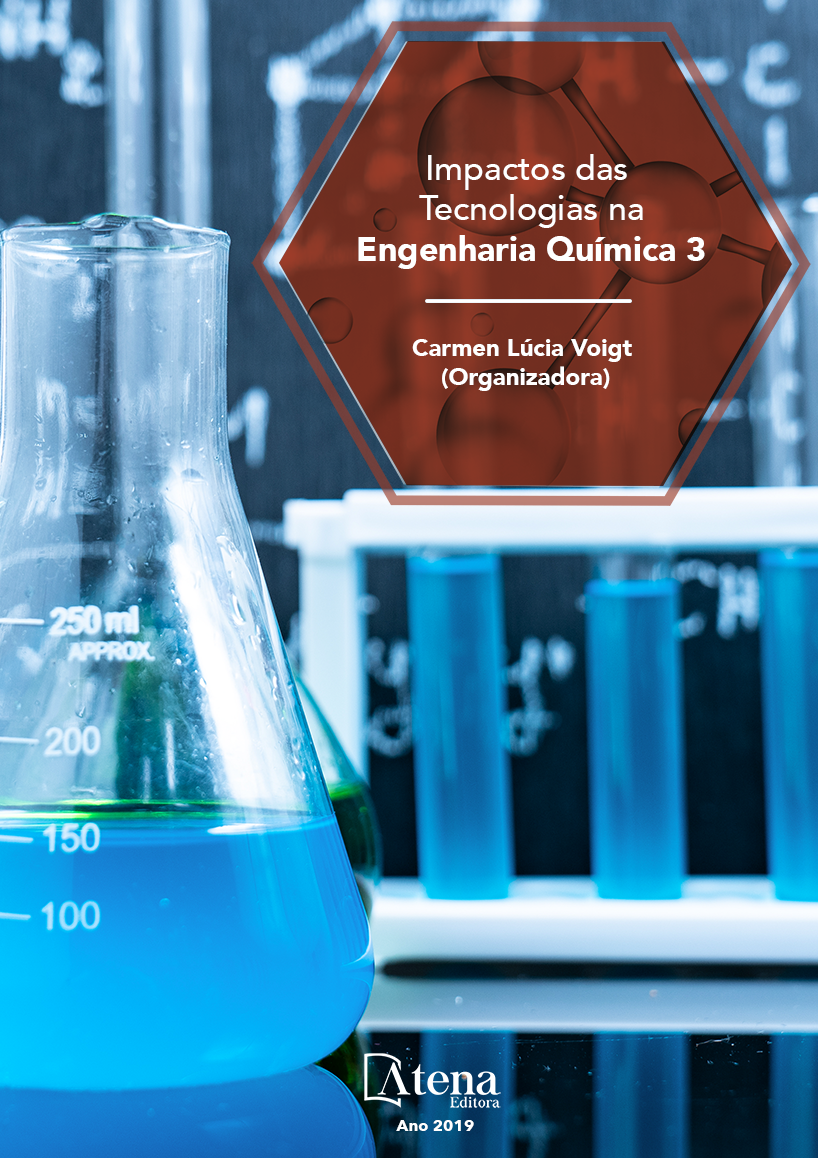
INIBIDOR DE CORROSÃO OBTIDO POR LIXIVIAÇÃO DE CIGARRO APÓS SEU CONSUMO
O cigarro apresenta diferentes
componentes químicos em sua composição.
Após seu consumo, gera um resíduo sólido
que sem o correto descarte, torna-se um
poluente ao meio ambiente. A corrosão é
um processo espontâneo de degradação de
materiais, geralmente metálicos, ocasionando
riscos de rupturas de estruturas, explosões ou
contaminações. Como alternativa viável para
o combate à corrosão surgem os inibidores
naturais. O objetivo deste trabalho foi buscar um
destino adequado aos resíduos de cigarros, após
seu consumo, como inibidores de corrosão em
aço carbono e Fe. A metodologia compreendeu
a lixiviação aquo-solúvel dos filtros, medidas de
pH das lixívias, exposição direta dos metais aos
extratos, análise morfológica por microscopia
óptica e experimentos eletroquímicos por
potenciometria. Os resultados obtidos
apresentaram o caráter inibidor dos extratos
obtidos sobre o aço. Os componentes extraídos
a partir da lixiviação de filtros amarelo, os quais
ocorrem em cigarros com maiores teores de
nicotina, representaram maior nível de proteção
contra a corrosão, comparando-se com a lixívia
de filtros branco. Isto evidencia a relevância
deste estudo, tanto na questão ambiental,
quanto na proteção de metais.
INIBIDOR DE CORROSÃO OBTIDO POR LIXIVIAÇÃO DE CIGARRO APÓS SEU CONSUMO
-
DOI: 10.22533/at.ed.31919010428
-
Palavras-chave: Cigarro. Inibidor natural. Corrosão.
-
Keywords: Cigarette. Natural Inhibitor. Corrosion.
-
Abstract:
The cigarette has different chemical
components in its composition. After its
consumption, it generates a solid residue that
without the correct discard, it becomes a pollutant
to the environment. Corrosion is a spontaneous
process of degradation of materials, usually
metallic, causing risks of rupture of structures,
explosions or contaminations. As a viable
alternative to the fight against corrosion arise the
natural inhibitors. The objective of this work was
to find a suitable destination for cigarette waste,
after its consumption, as corrosion inhibitors in
carbon steel and Fe. The methodology included
the leach-soluble leaching of the filters, pH
measurements of bleach, direct exposure of the
metals to the extracts, morphological analysis
by optical microscopy and electrochemical
experiments by potentiometry. The results
showed the inhibitory character of the extracts
obtained on the steel. The components
extracted from yellow filter leaching, which
occur in cigarettes with higher nicotine contents,
represented a higher level of protection against corrosion, compared to white filter
liquor. This highlights the relevance of this study, both in the environmental issue and
in the protection of metals.
-
Número de páginas: 15
- Luciana Rodrigues Machado
- Lauren Marcilene Maciel Machado


